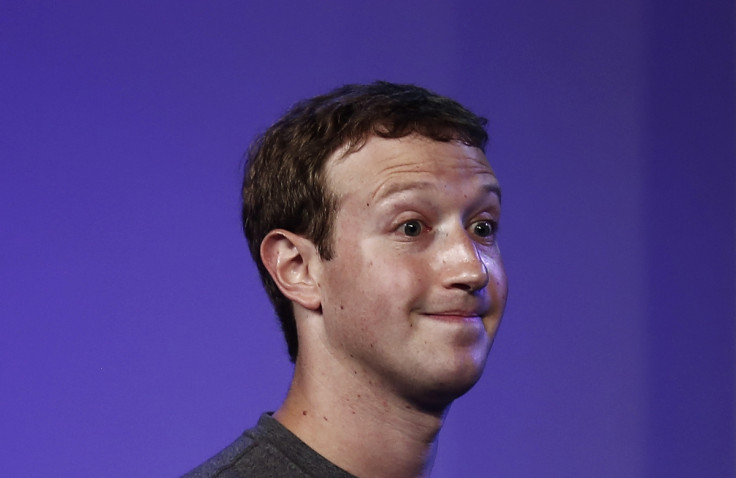Mark Zuckerberg 'disappointed' after India stonewalled Facebook's Free Basics over net neutrality

Mark Zuckerberg has expressed disappointment after India's telecom regulator stonewalled Facebook's Free Basics scheme in the country, asserting the policy sharply violates the concept of net neutrality. The ban was a major blow to Facebook as the social media giant was lobbying for the scheme's inception for several months.
In his first reaction to the ruling announced by the Telecom Regulatory Authority of India (Trai), the Facebook founder said: "Internet.org has many initiatives, and we will keep working until everyone has access to the internet."
The Free Basics plan — a joint venture with Reliance Communications run by Anil Ambani, an influential businessman in the country — would provide free internet to users but would allow access to only selected websites. Ever since the plans were floated, it evoked sharp criticism from several corners in India with few takers. Internet activities have fought against Facebook's venture saying it infringes net neutrality while startups and smaller companies said they would be badly hit.
Zuckerberg said in a Facebook post: "While we're disappointed with today's decision, I want to personally communicate that we are committed to keep working to break down barriers to connectivity in India and around the world." He also cited Facebook's various initiatives operating in other parts of the world arguing 19 million people have benefited in 38 countries through the programmes.
In a response to Zuckerberg's post, Facebook's chief operating officer Sheryl Sandberg wrote: "Free Basics works — millions of people around the world use it to get connected, including women and men who are accessing health care and finding jobs online. It can make such a difference. We are all disappointed that people in India won't be able to take advantage of Free Basics — but glad that our other work with Internet.org continues. We will keep connecting the world." The Facebook founder's comments have also attracted sharp responses from users, who repeatedly pointed out the policy was against neutrality of the internet.
© Copyright IBTimes 2025. All rights reserved.






















